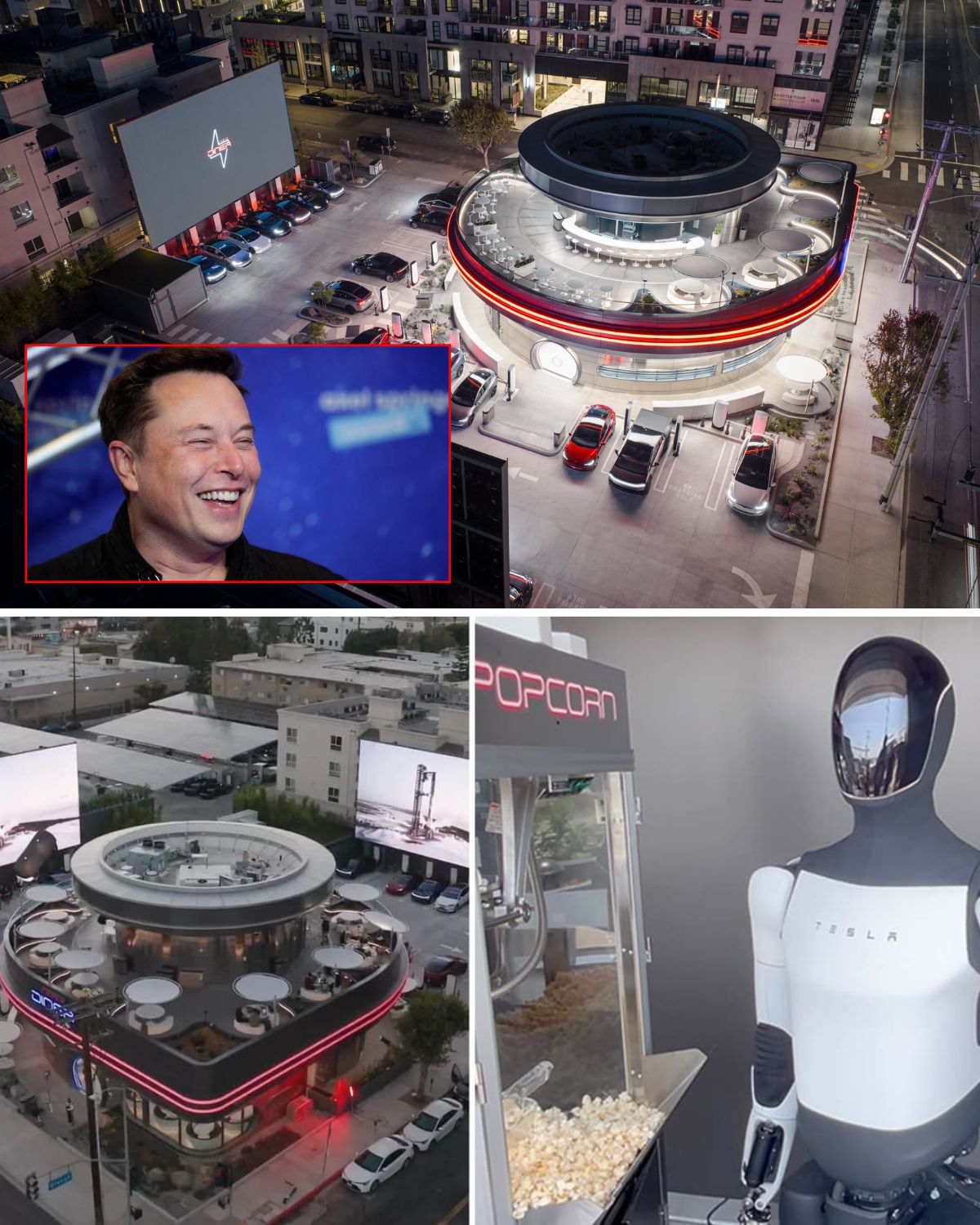In a recent turn of events, Elon Musk has revised his stance on the H1B visa program amid ongoing debates surrounding immigration in the United States. Initially advocating for the program to bring in foreign workers, Musk’s latest comments suggest a more restrictive approach that would only favor the wealthy.

During a weekend discussion, Musk expressed his willingness to confront opposition regarding immigration but soon appeared to backtrack. He has now proposed raising the minimum salary for H1B visa recipients and implementing a yearly fee for maintaining the visa, effectively making it more expensive to hire foreign workers than domestic ones.
Musk’s rationale is rooted in his belief that the current H1B system is flawed and requires significant reform. However, his suggested changes have sparked criticism, particularly from those who argue that they would create barriers for industries reliant on foreign labor, such as hospitality and agriculture. By making the program cost-prohibitive for smaller businesses, only affluent individuals and corporations—like Musk himself—would have the means to hire international talent.
Critics have pointed out that this approach reflects a broader trend of governance favoring the interests of the wealthy. The concern is that such measures would further entrench economic disparities, allowing billionaires to maintain their business operations while sidelining smaller enterprises that depend on affordable labor.
As discussions around immigration policy continue, Musk’s comments highlight the complexities and challenges of balancing the needs of the economy with the realities of the workforce. The ongoing dialogue raises important questions about who benefits from immigration programs and the implications of policies that prioritize the interests of a select few over the broader economy. As the debate evolves, stakeholders from various sectors will need to engage in meaningful conversations to shape a more inclusive approach moving forward.
